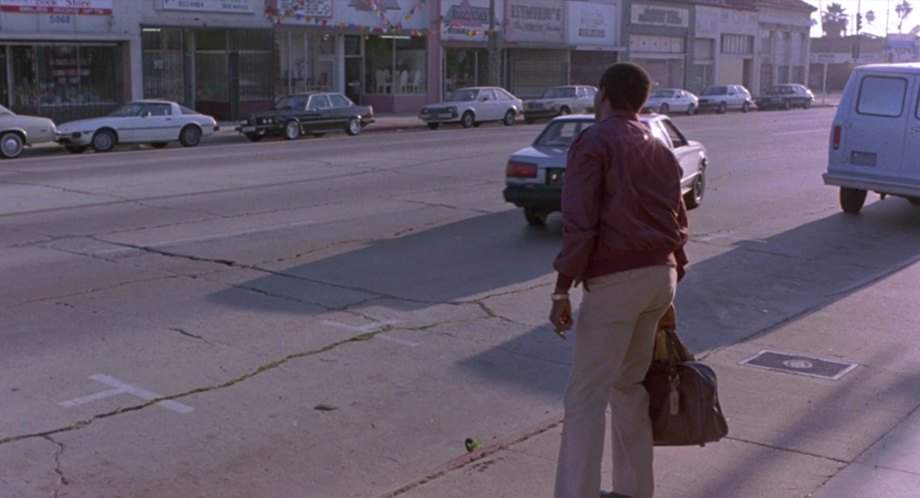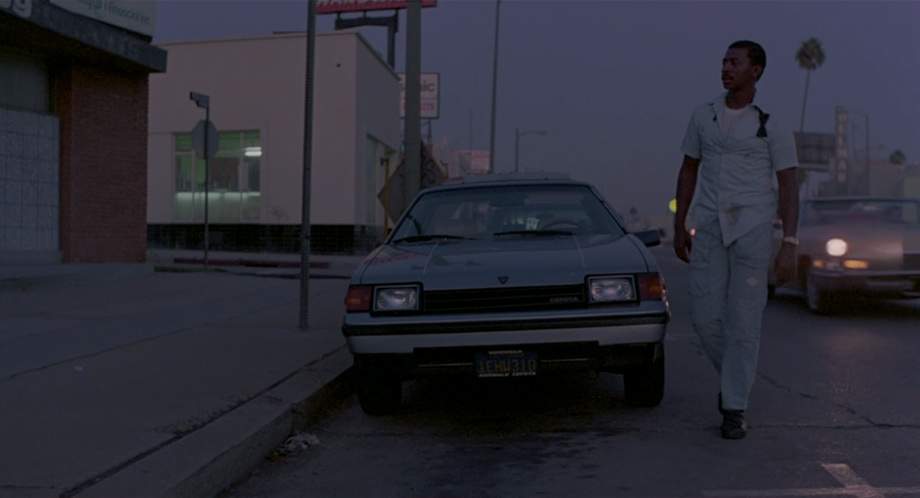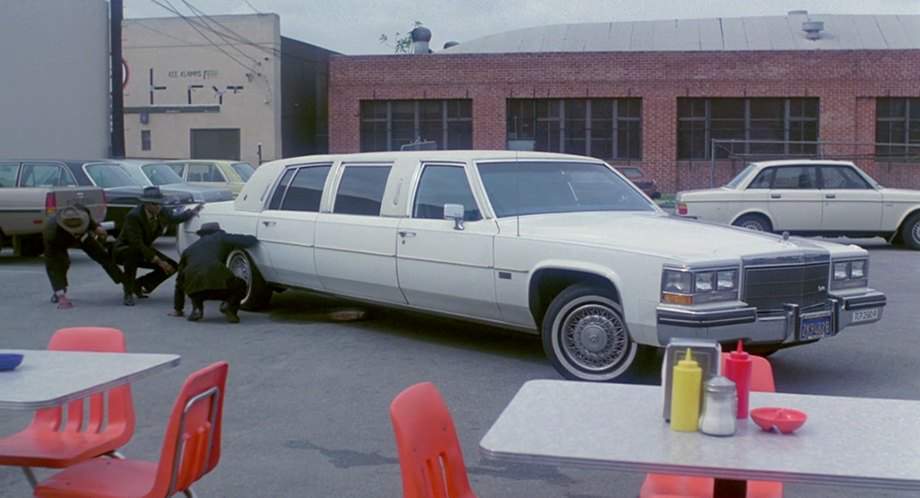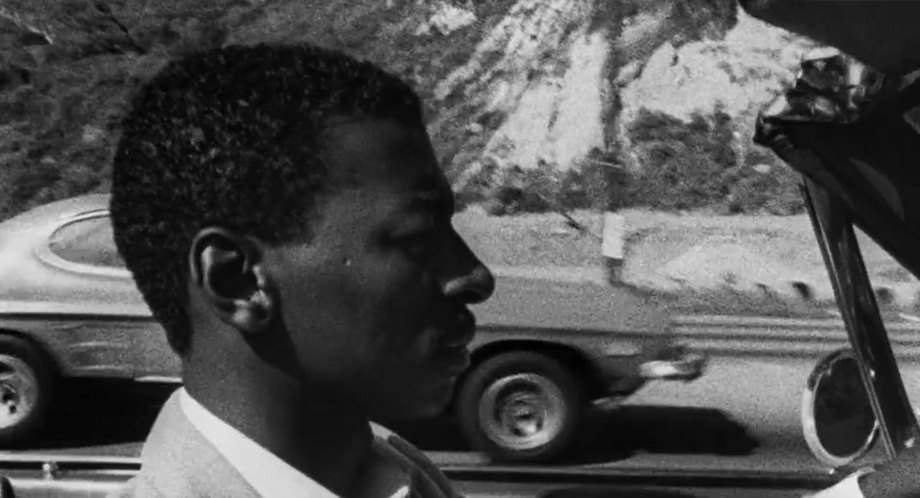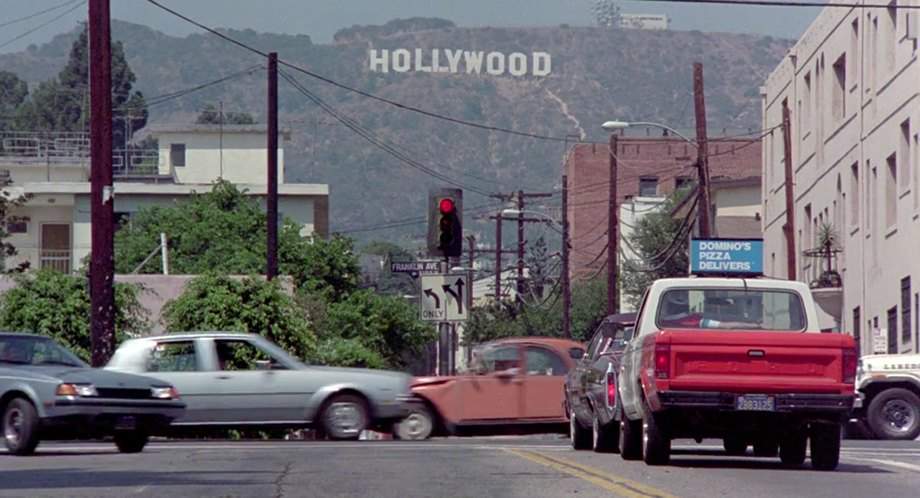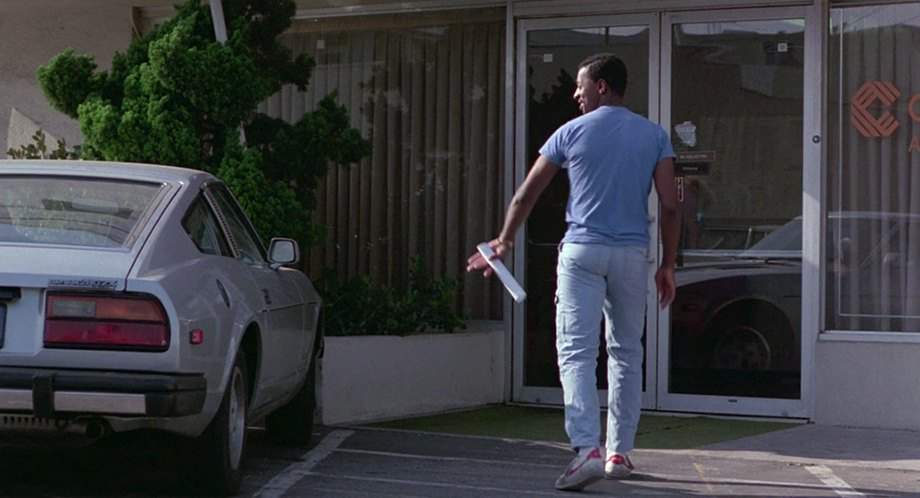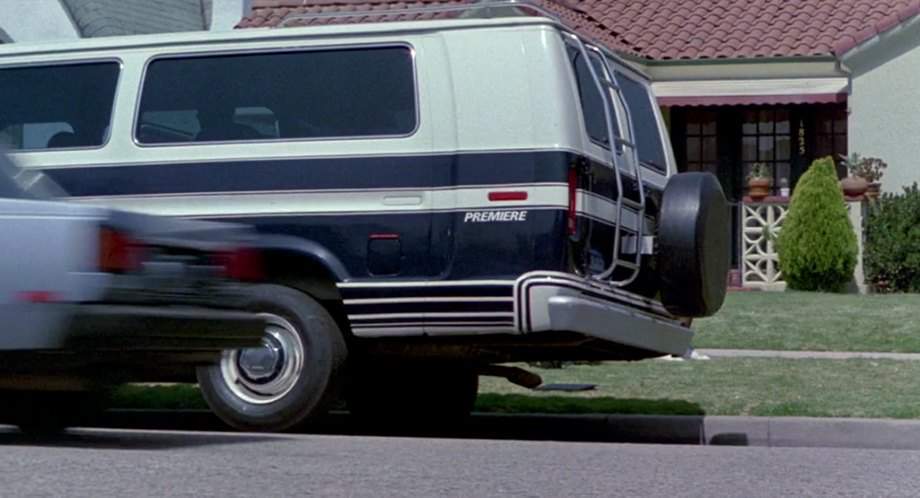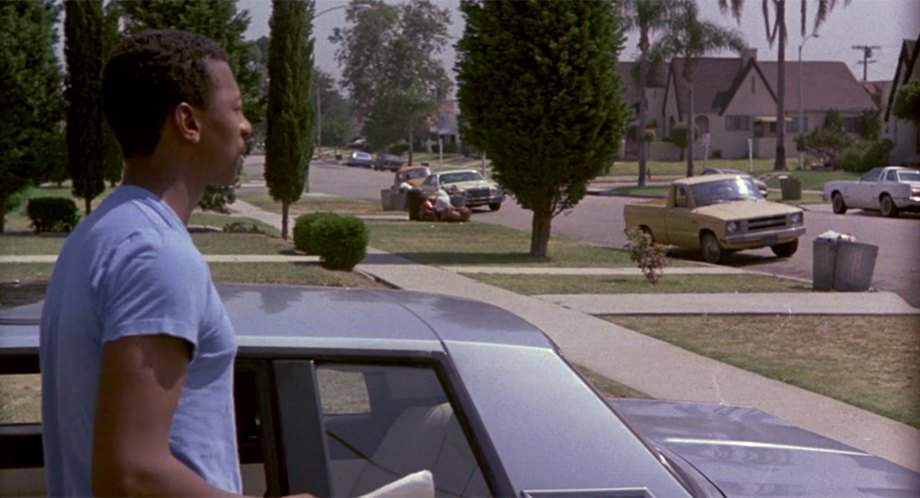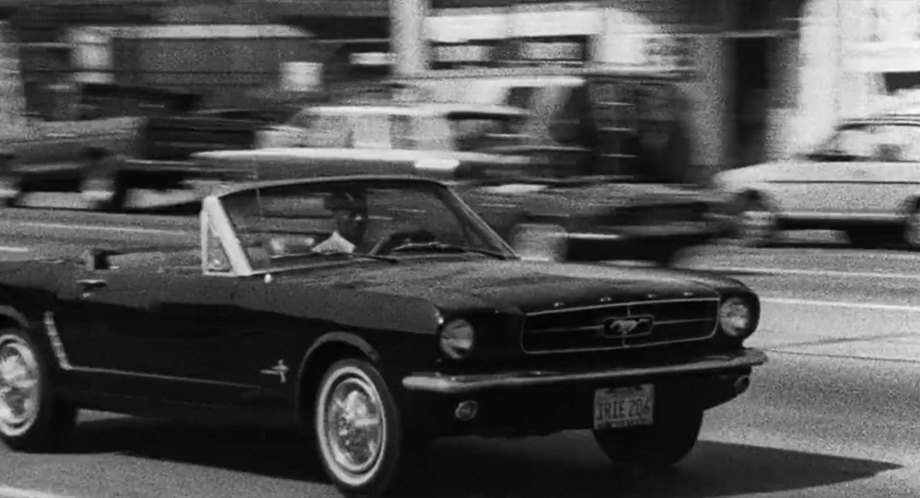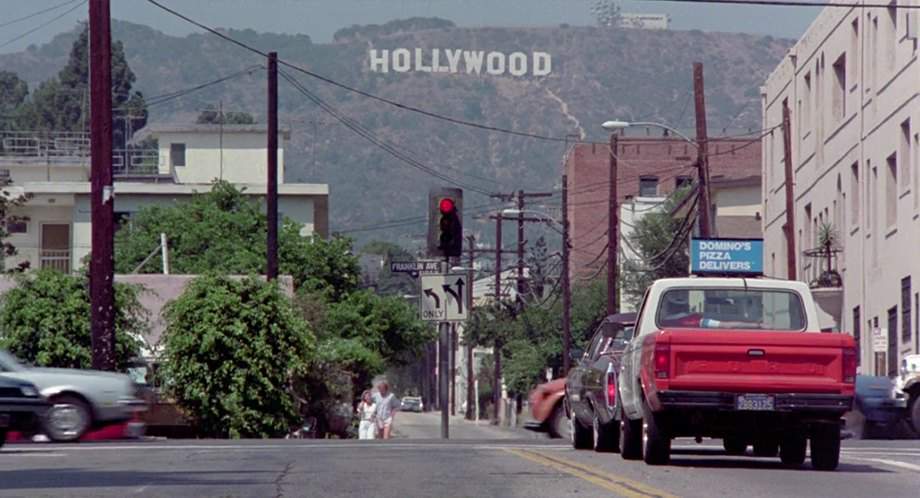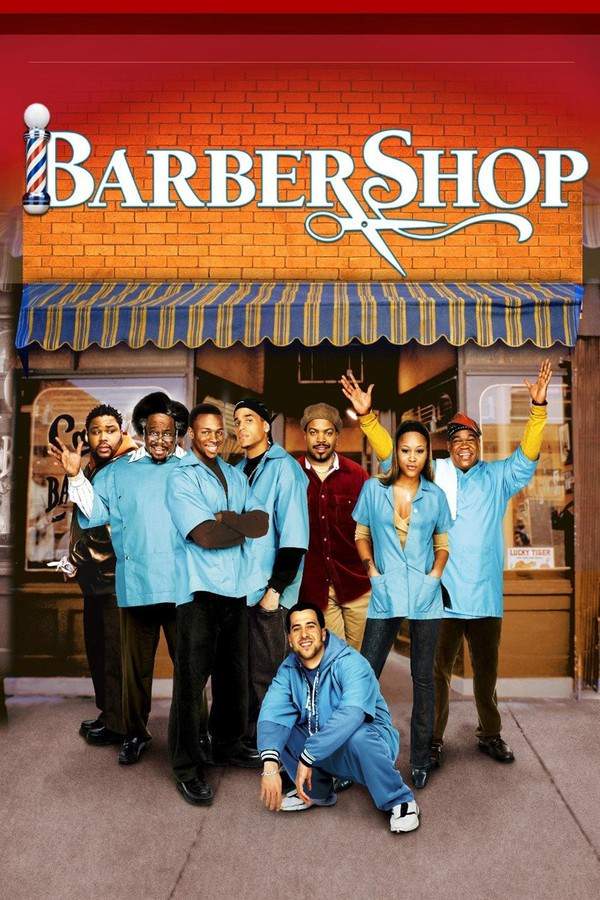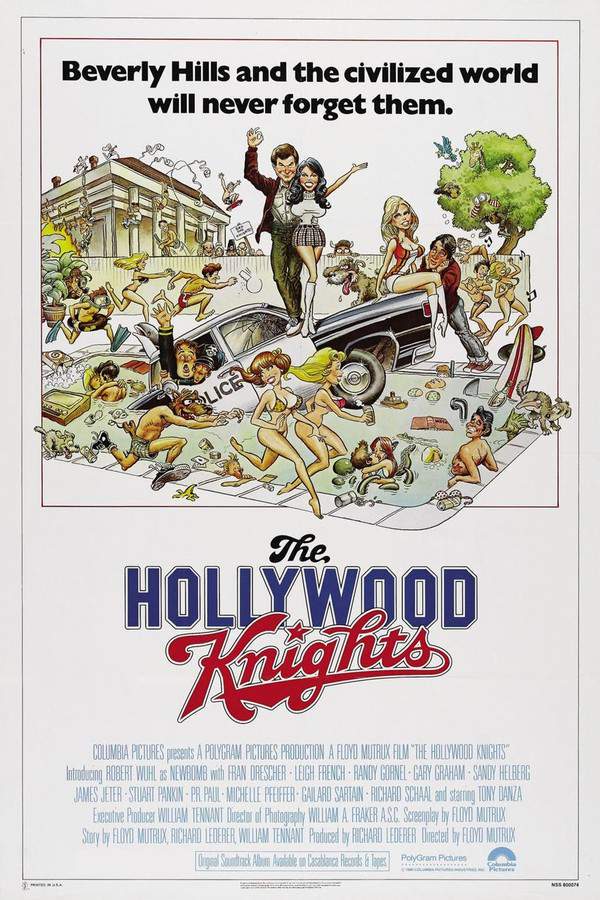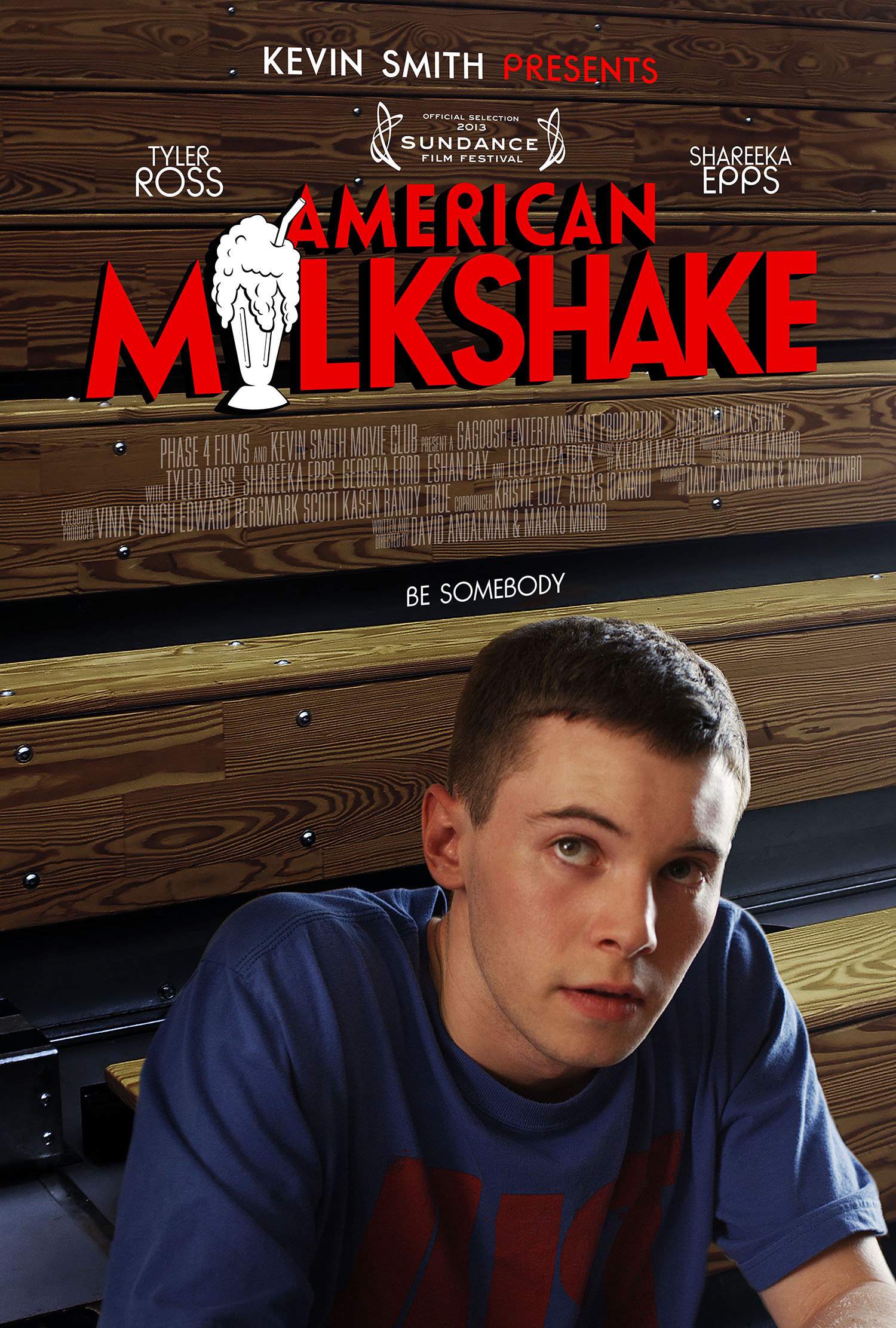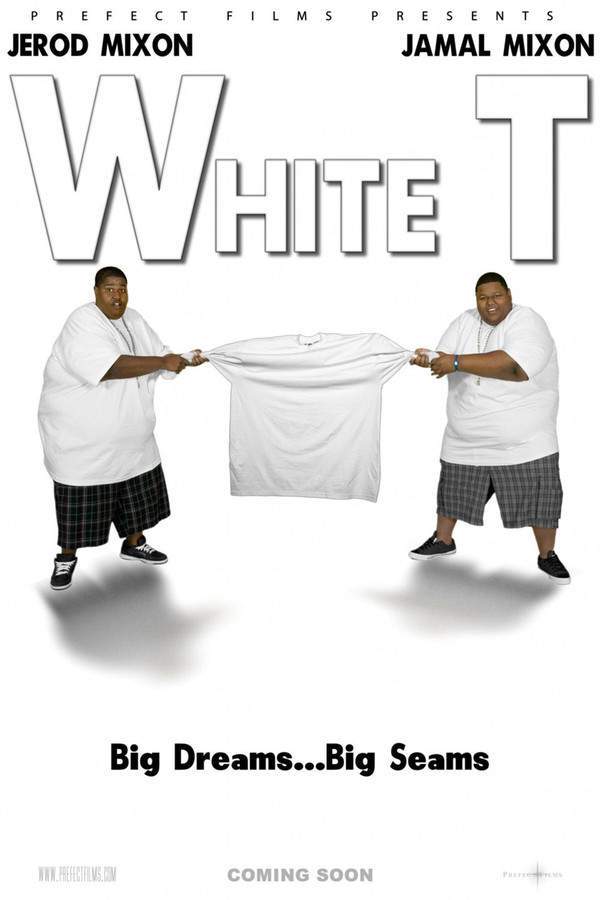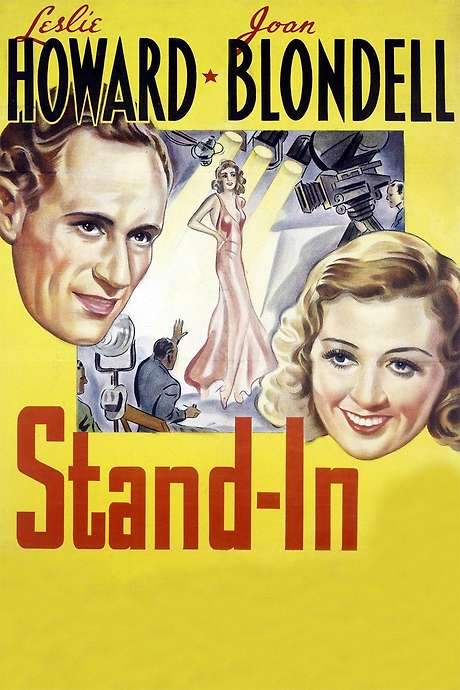Hollywood Shuffle 1987
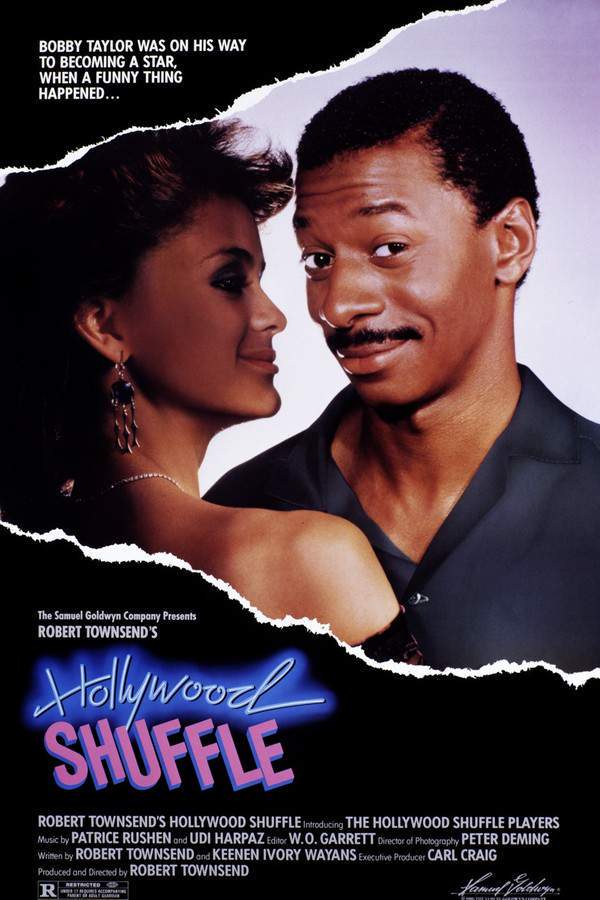
Bobby Taylor, an aspiring actor working at a hot dog stand, finds his life complicated when he secures the lead role in "Jivetime Jimmy's Revenge." The film satirizes Hollywood's often stereotypical portrayals of African-Americans, forcing Taylor to balance his career aspirations with his responsibility to be a role model for his younger brother. He must navigate the challenges of the entertainment industry while striving to maintain his integrity and positively influence his family.
Does Hollywood Shuffle have end credit scenes?
No!
Hollywood Shuffle does not have end credit scenes. You can leave when the credits roll.
Meet the Full Cast and Actors of Hollywood Shuffle
Explore the complete cast of Hollywood Shuffle, including both lead and supporting actors. Learn who plays each character, discover their past roles and achievements, and find out what makes this ensemble cast stand out in the world of film and television.
No actors found
External Links and Streaming Options
Discover where to watch Hollywood Shuffle online, including streaming platforms, rental options, and official sources. Compare reviews, ratings, and in-depth movie information across sites like IMDb, TMDb, Wikipedia or Rotten Tomatoes.
Ratings and Reviews for Hollywood Shuffle
See how Hollywood Shuffle is rated across major platforms like IMDb, Metacritic, and TMDb. Compare audience scores and critic reviews to understand where Hollywood Shuffle stands among top-rated movies in its genre.

74
Metascore
tbd
User Score


88%
TOMATOMETER

80%
User Score

64
%
User Score
Take the Ultimate Hollywood Shuffle Movie Quiz
Challenge your knowledge of Hollywood Shuffle with this fun and interactive movie quiz. Test yourself on key plot points, iconic characters, hidden details, and memorable moments to see how well you really know the film.
Hollywood Shuffle Quiz: Test your knowledge on the satirical film 'Hollywood Shuffle' and its themes of ambition, stereotypes, and integrity in the entertainment industry.
What is Bobby Taylor's main aspiration?
To become a successful actor
To work at a post office
To become a director
To write screenplays
Show hint
Awards & Nominations for Hollywood Shuffle
Discover all the awards and nominations received by Hollywood Shuffle, from Oscars to film festival honors. Learn how Hollywood Shuffle and its cast and crew have been recognized by critics and the industry alike.
3rd Independent Spirit Awards 1988
Best First Feature
Full Plot Summary and Ending Explained for Hollywood Shuffle
Read the complete plot summary of Hollywood Shuffle, including all major events, twists, and the full ending explained in detail. Explore key characters, themes, hidden meanings, and everything you need to understand the story from beginning to end.
Aspiring actor Bobby Taylor (no relation) is fueled by an unrelenting passion to break into the entertainment industry, with unwavering support from his younger brother Stevie. However, he constantly faces challenges, including his grandmother’s stern disapproval of his career choice and her insistence that he consider a more respectable job, like working at the post office. Yet, his mother stands firmly by him, encouraging him to pursue his dreams. Bobby believes that landing a role in Jivetime Jimmy’s Revenge, a film filled with cliched depictions of street gangs, could change their family’s fortunes forever.
After his audition, Bobby gets into a heartfelt discussion with Mr. Jones, the owner of Winky Dinky Dog, where he works part-time. Jones shares his concerns about Bobby’s frequent absences due to auditions and how that affects his commitment to the job. Just when Bobby is contemplating his response, a sleek limousine pulls up, and out steps B. B. Sanders (Batty Boy), a famous actor best known for his role in the hit sitcom There’s a Bat in My House. Thrilled to meet a role model, Bobby inquires about how to evaluate a script’s worthiness. Sanders provides a pragmatic insight: acting is about making money, focusing on sequels and merchandising rather than pure artistic expression.
After hearing from his agent that his audition went well and he has been invited to a callback, Bobby feels relieved. However, the producers’ demand for an “Eddie Murphy-type” performance plunges him into a nightmare, where he finds himself being pressured by the director, writer, and casting director to transform into Eddie Murphy. As he stands in line with lookalikes, he begins to morph into the very actor he’s being coerced to resemble, only to awaken in shock.
The following day, his colleagues at Winky Dinky Dog, Donald and Tiny, belittle his aspirations, prompting Bobby to resign. That evening, he seeks advice from his uncle Ray, a once-promising singer who chose stability over pursuing fame. Ray’s encouragement lifts Bobby’s spirits, instilling confidence in his dream to succeed.
At the callback, the director, writer, and casting director laud Bobby’s performance, leading to exhilarating news that he has secured the lead role. As he reflects on his journey so far, he understands that perseverance and risk-taking have paid off.
With his newfound success, Bobby grapples with the moral implications of his current role, depicted through vivid daydreams that manifest like surreal vignettes. In one imaginative sequence titled Black Acting School, he observes white coaches instructing black actors on how to connect with their supposed cultural heritage, resulting merely in a shallow imitation. Another dream, Sneaking Into the Movies, features two young black men who effortlessly sneak past ticket takers, delivering scathing critiques of poor cinematic choices like Amadeus Meets Salieri, Chicago Jones and the Temple of Doom, Dirty Larry, and Attack of the Street Pimps.
Back at home, Bobby’s excitement is dampened by a visit from his grandmother and girlfriend Lydia. The three of them sit down to watch a classic film noir, which ignites Bobby’s fantasies of crafting his own cinematic vision. In one daydream, he imagines himself as the lead in Death of a Breakdancer, a compelling fusion of neo-noir with the high-energy vibe of breakdancing culture.
That night, as he dreams, Bobby envisions himself in an array of iconic roles, such as a commanding Shakespearean king, a heroic black superhero using his powers for good, and a black rendition of Rambo, bravely battling against oppression.
In a climactic dream sequence, Bobby finds himself on stage, proudly holding his fifth Oscar statuette while the crowd erupts in applause. The next day, he begins filming Jivetime Jimmy’s Revenge, with his family present to witness his achievement. But as the cameras roll, feelings of guilt arise over portraying a stereotypical character, leading him to make a courageous choice—he quits the film to maintain his artistic integrity.
In the wake of Bobby’s departure, another cast member who had previously criticized the project for its racial stereotypes hastily accepts Bobby’s role. Undeterred, Bobby and his family leave the set with pride in their decision to uphold their values.
The film concludes with Bobby preparing for an upcoming on-camera scene, echoing his grandmother’s earlier wisdom. He finds himself filming a public service announcement for the US Postal Service, symbolizing that no matter how cutthroat Hollywood can be, there is always space for kindness and humility.
Uncover the Details: Timeline, Characters, Themes, and Beyond!

Coming soon on iOS and Android
The Plot Explained Mobile App
From blockbusters to hidden gems — dive into movie stories anytime, anywhere. Save your favorites, discover plots faster, and never miss a twist again.
Sign up to be the first to know when we launch. Your email stays private — always.
Watch Trailers, Clips & Behind-the-Scenes for Hollywood Shuffle
Watch official trailers, exclusive clips, cast interviews, and behind-the-scenes footage from Hollywood Shuffle. Dive deeper into the making of the film, its standout moments, and key production insights.
Cars Featured in Hollywood Shuffle
Explore all cars featured in Hollywood Shuffle, including their makes, models, scenes they appear in, and their significance to the plot. A must-read for car enthusiasts and movie buffs alike.
Hollywood Shuffle Themes and Keywords
Discover the central themes, ideas, and keywords that define the movie’s story, tone, and message. Analyze the film’s deeper meanings, genre influences, and recurring concepts.
Hollywood Shuffle Other Names and Titles
Explore the various alternative titles, translations, and other names used for Hollywood Shuffle across different regions and languages. Understand how the film is marketed and recognized worldwide.
Similar Movies To Hollywood Shuffle You Should Know About
Browse a curated list of movies similar in genre, tone, characters, or story structure. Discover new titles like the one you're watching, perfect for fans of related plots, vibes, or cinematic styles.
Quick Links: Summary, Cast, Ratings, More

What's After the Movie?
Not sure whether to stay after the credits? Find out!
Explore Our Movie Platform
New Movie Releases (2026)
Famous Movie Actors
Top Film Production Studios
Movie Plot Summaries & Endings
Major Movie Awards & Winners
Best Concert Films & Music Documentaries
Movie Collections and Curated Lists
© 2026 What's After the Movie. All rights reserved.














